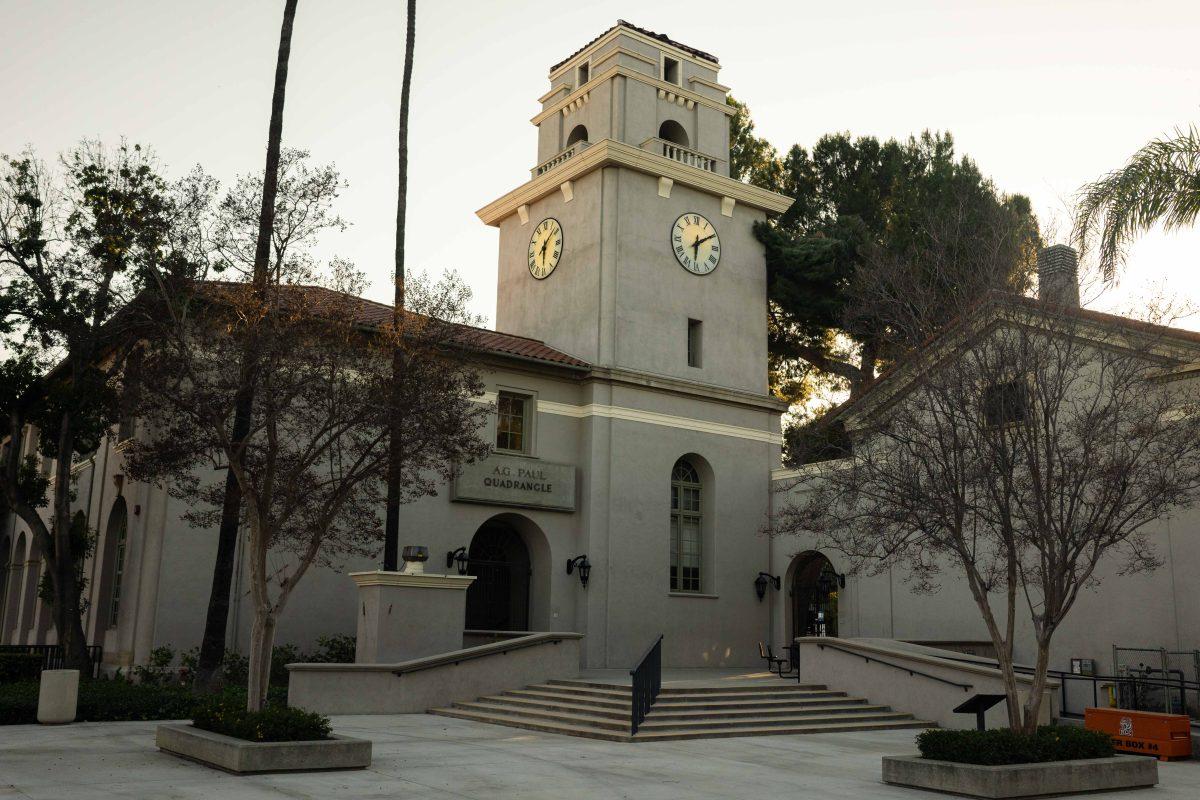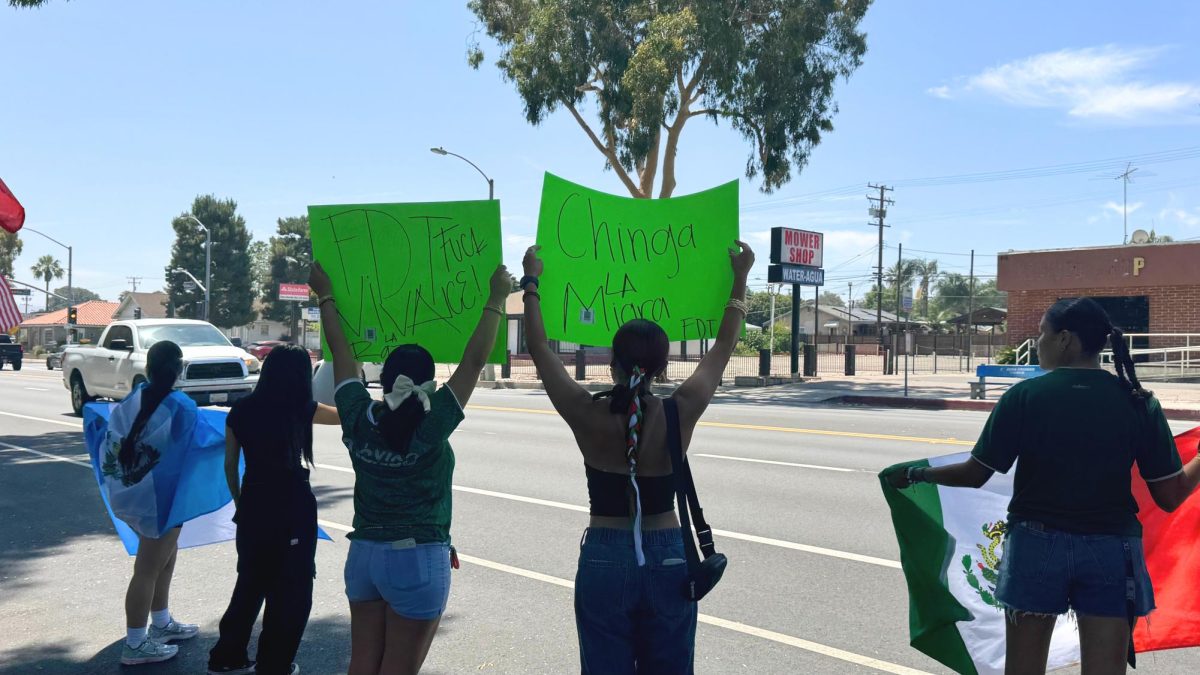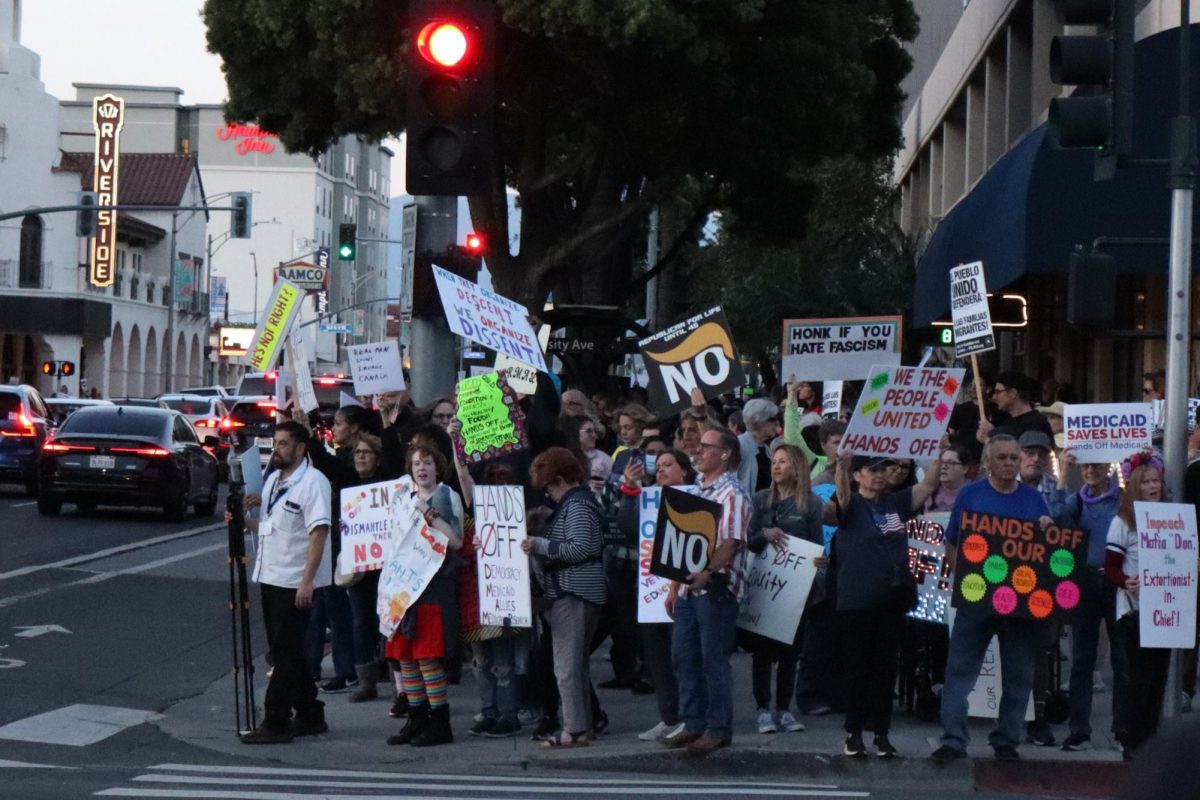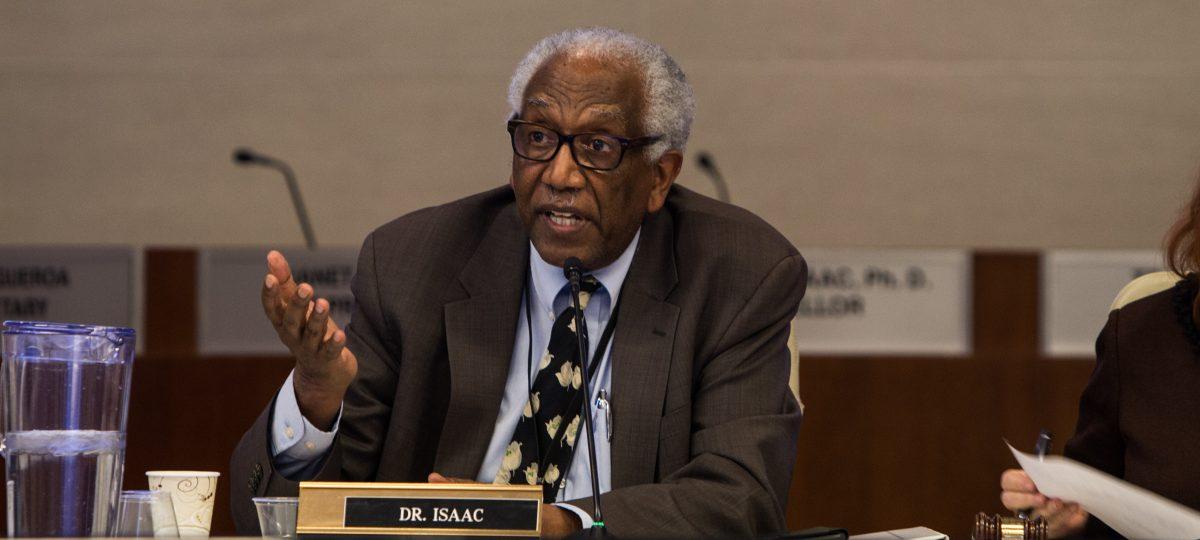By Rolinda Espinoza
Riverside City College student government is planning a second round of stimulus money for students, with an emphasis on serving undocumented students.
Stimulus money was first provided to Community Colleges through the CARES Act Higher Education Emergency Relief Fund to help students who were negatively impacted by the COVID-19 pandemic.
The CARES Act, passed by Congress on March 27, allotted $2.2 trillion in financial aid to Americans negatively impacted by COVID-19. The Office of Postsecondary Education was granted $14 billion in the form of the Higher Education Emergency Relief Fund.
RCC was granted over $5 million to distribute to qualified students who applied for access to the fund. A Riverside Community College District task force convened to discuss distribution and developed a point-based system for disbursement of the funds. Students with a higher number of eligibility points received grant money first.
The CARES Act provided significant financial aid to many students, but because it was delivered by the federal government, undocumented and international students were excluded from the payout due to their residency status.
“We as an (Associated Student Organization) won’t stand around to say it’s okay for not every student to receive money to help their financial needs,” said Shauna Kim, Associated Students of Riverside City College president. “The simple truth is that it’s not okay.”
ASRCC first developed its own stimulus package in May in order to address the needs of students left out by the U.S. Department of Education’s guidance on the disbursement of CARES Act funds granted to higher education institutions. The student government’s package did not require FAFSA eligibility or a specific residency status. It only required that applicants have paid their student fees.
When the CARES Act first provided aid to colleges, the federal government had allowed the colleges to determine how they would disperse funds to students. The Department of Education did not issue guidance until a few weeks later, causing the State of California to sue the Trump Administration for the sudden exclusion of students ineligible for FAFSA.
The California Community College system won that lawsuit in June, but the Department of Education appealed the decision. Eloy Ortiz Oakley, California Community Colleges chancellor, has pledged his support for undocumented students and said the state will continue to fight for them in court.
The next round of ASRCC’s stimulus money will specifically help students who were not eligible for the CARES Act in April. It will come directly from the ASRCC budget to circumnavigate federal guidelines and be distributed as a direct deposit.
“(A) majority of our events are done virtually, therefore we don’t spend as much as we would in person,” Kim said. “Yet, we are very grateful this gives us the opportunity to really give back to our students.”
Determining award distribution will be similar to the first time, with some minor differences.
“We used some sort of criteria such as involvement in clubs and grades,” said David Olukoju, ASRCC treasurer. “This time we will use similar criteria (as before) and place a priority on international or undocumented students.”
It is not known how much each student will receive, but the total amount available for disbursement is $100,000.
Details have not been finalized, but interested students should consider getting their applications in as soon as the application period opens sometime next month.


















